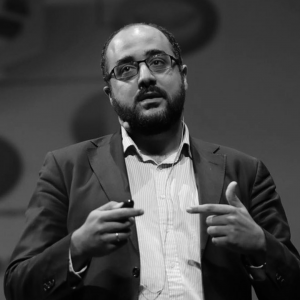As the Deeptech Accelerator draws to a close, we reflect on its workings over the past months and envision how deep technologies will continue to take off from hereon.
Three months on, the second run of our Deeptech Accelerator programme has culminated in our customary closing event – the IoT Tribe Tech Games – when the participating startups get to showcase their improved solutions to corporates, investors and VCs.
The event also marked the graduation of the 11 outstanding startups which formed our second deeptech cohort. Hailing from 8 different countries, each pioneer disruptive technologies across a range of industries.
These startups are: Aromatec, Checktobuild, Cognicept Systems, Dot Incorporation, LexaTexer, Macco Robotics, Neuron Soundware, Qlue, Quadible, Vyobotics, and Wild Immersion.

To bring to the customers the democratisation of science and technology – it is the best moment right now, for the next ten years, to be part of the revolution of deeptech.”– Guillermo Renancio Artal, Director of Technology, Expansion and Strategic Partnerships, Grupo Nueva Pescanova
Opportunities for deeptech developments have emerged rapidly as optimism appears to take hold around the globe. Notwithstanding recent advances on the medical frontier to tackle the Covid-19 pandemic, Singapore as well as select nations like the UK have demonstrated resilience in their support of tech startups that are contributing to long-term sustainability and community impact through their solutions. Singapore alone has committed up to S$300M in co-investments into deeptech since early 2020, which has brought a notable number of best-in-class startups to our shores.
Indeed, the second cohort comprised global startups such as Dot Incorporation and Wild Immersion – both looking to address real-world issues on a macro level through haptics and virtual reality respectively. Dot intends to make the world more accessible for people with visual disabilities, while Wild Immersion aims to build the first ever virtual wildlife and nature reserve to raise awareness about the importance of our natural environment.
The emergence of deeptech startups such as LexaTexer and Neuron Soundware – both which have built tech solutions that are easily integrable into legacy systems employed by corporates and organisations – have prompted a need to rethink past (mis)conceptions of deeptech as a niche field.
I am generally much more optimistic about the next three ‘C’s in which deeptech would be applied. This is in capital, so really fintech and the use of AI in fintech, […] in drug development and the delivery of healthcare – and not just telemedicine but going into upstream drug development and precision medicine, and in commute as well or what we now regard as the future of mobility.– YC Choy, Regional Vice President, Europe, Singapore Economic Development Board (EDB)

This shift in perspective has largely boiled down to the versatility of solutions that these startups have been able to develop. Saturation of the technology scene has prompted entrepreneurs venturing within with motivation to diversify the value proposition of their solutions, and our graduating cohort is an exemplification of this scenario.
CheckToBuild’s solution for the construction industry showcases immense potential in application to the maritime and defence industries. Cognicept Systems’ human-in-the-loop (HITL) technology presents promising capabilities that complement a wide spectrum of robotics automations. Neuron Soundware’s audio-based predictive maintenance and diagnostic solutions have also been validated and effectively deployed across a number of industry verticals.
As recognition starts to take hold over the value that deeptech solutions can provide, Simon Long – Director of Technology Solutions in Southeast Asia for CBRE – envisions the next step to be the process of scaling up these technologies. He cautioned that this can be a painstaking period that is unlikely to be straightforward, and encouraged companies looking to derive true value from deeptech to be patient and opt in for the long ride.
And while expectations continue to default to a lengthy time frame when it comes to scaling deeptech applications, IoT Tribe is working to create a more effective framework for new technologies to take root, through its model of curated technology ecosystems and alliances. By fostering stronger collaborations between key stakeholders, the company hopes to fast-track the development timeline of deep technologies, with programmes such as the Deeptech Accelerator remaining at the core of operations to identify and nurture the most promising tech startups.
If you believe your startup has the potential to take the world by storm and make a real difference, the application window for the next Deeptech Accelerator cohort has opened. Interested startups may apply using the button below, before the window closes on 31 May.APPLY BEFORE 31 MAY



